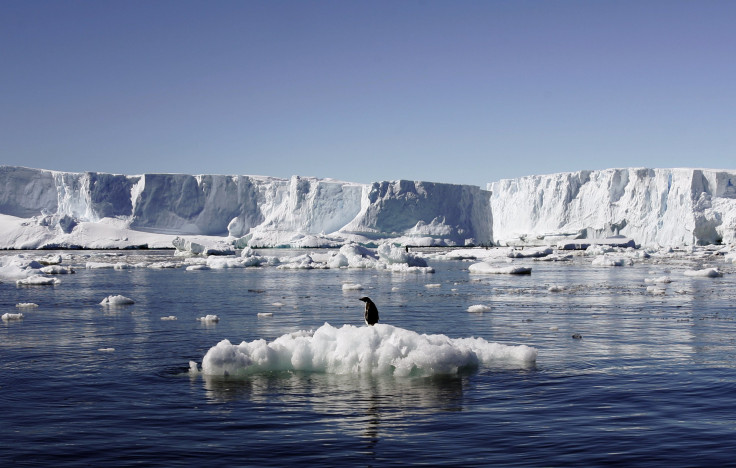Antarctic Organisms Grow Faster, Larger Under Just 1 Degree Of Warming

To test what climate change might do to ecosystems in the future as water temperatures in typically cold climates increase, a group of researchers decided to induce a little bit of climate change themselves.
The results of the study were published in Current Biology on Thursday and show that a 1 degree Celsius rise in local sea temperature can cause big changes in Antarctic marine life. The one degree is equivalent to 1.8 degrees Fahrenheit, a temperature rise expected before 2100.
A team of researchers from the British Antarctic Survey deployed heated panels on the seabed near the Antarctic Peninsula and Rothera Research Station, according to a press release. Usually organisms that live on the part of the seabed where the study took place only deal with year-round temperatures that vary by three degrees Celsius each year. Temperatures are steady and stay between negative two and one degree, something the seabed dwelling species are used to because the temperature range hasn’t change in the last thousand years or so.
After they deployed the heating panels and cranked up the heat on the seabed by one degree in one area and two in another they waited to see how the organisms would react on a physical level. What they found was that the organisms that formed under the warmer conditions were far different than those that developed on the control heaters, those that were placed but not used to change the water temperature.
Of the six species the team evaluated for the study, they found that all of them showed increases in size and some even nearly doubled in size under the heated conditions, according to the study.
While all of the species did show higher-than-normal growth it varied by species, age and month. All grew faster during the summer months but during the cooler months of the year the responses were more unique. A warming of two degrees also cause more varied growth rates than the one degree change did.
The reason the researchers chose the Antarctic region is that the water there is warming faster than most on the planet. Meaning it will see the most rapid and highest levels of warming as the climate changes. The type of growth recorded in the study would happen fairly quickly if actual temperature raises cause organisms to react the same way they did in the controlled study.
The study notes that this could have consequences for the whole ecosystem if warming occurs as predicted. But it won’t necessarily be negative ecosystem responses. Some of the organisms would offer nutrients for species higher up in the food chain and would grow more quickly than they do now, and increase skeletal growth would help increase carbon capture, said the press release. The important thing for researchers to be able to predict which species will benefit and which will be harmed by such changes.
© Copyright IBTimes 2025. All rights reserved.




















